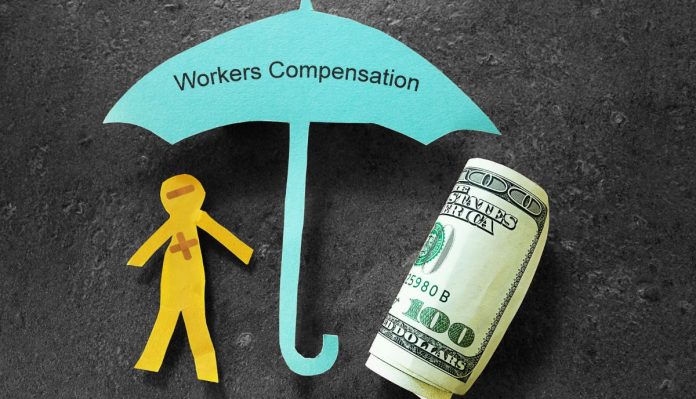Employees who are hurt or ill “in the course and scope” of their employment may be eligible for salary replacement and medical benefits under the state-run worker compensation program.
Before submitting a claim, it’s critical to understand the fundamentals of workers’ compensation law because they vary from state to state. Discover the four categories of workers’ compensation benefits and how they operate.
Benefits
Workers’ compensation, like the workers compensation in Hawaii provides medical treatment and wage replacement for employees who sustain job-related injuries or illnesses. They also pay death benefits for the dependents of workers who have died due to a work-related accident.
These benefits are based on the severity of an employee’s injury and ability to perform their normal duties. Income replacement payments are based on the difference between an injured worker’s average weekly wages before and after their injury.
In some states, injured workers can receive supplemental job displacement benefits, which help them find another job when they’re disabled. This can improve their earnings and help them get back on their feet.
Moreover, many states offer vocational rehabilitation programs to help injured employees return to work and learn new skills. These programs can also boost morale, reduce turnover, and build worker trust.
Premiums for workers’ compensation are financed almost entirely by employers, although economists point out that workers also pay a portion of the costs through lower wages (Leigh and others, 2000). Insurance companies and some state governments have attempted to control premiums through various cost-control measures.
Time off work
A work-related injury can take a toll on your family and financial situation. Some of the most crucial things to worry about following an accident include keeping a roof over your head, paying the bills, and paying medical expenditures. Fortunately, you can get much time off from work thanks to your workers’ compensation benefits.
If you’re injured at work and eligible for workers’ compensation, you’ll receive a weekly check equaling two-thirds of your gross wages (after taxes) until you return. Payments are typically sent out each Friday, so it’s a good idea to let the Workers’ Compensation office know if you have to miss more than seven days of work.
In addition, you’ll get TD (Temporary Disability) benefits for up to 104 weeks. However, if you’ve hit your limit on these benefits, you may need to use some of the vacation or sick time you have accrued to make ends meet.
If you are a federal employee, you’ll also have the option to use flex time to cover any pay gap that you may be experiencing after your injury. However, speaking with an attorney before using your PTO or sick leave is a good idea.
Medical expenses
Medical expenses are a major part of any workers’ comp claim. The system covers the bills, whether it is emergency room care, doctor visits, hospital stays, or even medications.
However, the policies and procedures controlling medical costs related to a workers’ compensation injury or illness must be understood. Knowing them will enable you to spot instances where your company fails to uphold its obligations to offer medical benefits.
The costs of medical care can quickly add up. This is why receiving treatment as soon as possible after a work-related injury or illness is critical.
You must also know that your employer cannot pressure you to use your health insurance. This practice is known as “balance billing,” which is illegal.
It is often difficult for people who have been injured to know which treatment costs are covered by their workers’ comp insurance and which are not. This is where a dedicated lawyer can help.
Using an online future medical cost calculator is one of the best ways to estimate your medical needs and seek a fair settlement. This tool helps you avoid making any mistakes with your claim, such as accepting a settlement too early and not seeking the necessary care to ensure you can return to work in the long run.
Liability
Workers comp covers medical bills and lost wages when an employee gets injured. However, they might decide to sue their employer if they feel the payout wasn’t adequate.
In these situations, employers’ liability insurance can come in handy to cover the expenses of defending the lawsuit and paying for settlement or damages payments beyond policy limits. This is called “stop-gap” liability coverage.
Premiums for workers’ compensation insurance are determined based on many factors, including the number of employees, their industry, total payroll, claims history, and the state of your business. Businesses in high-risk industries or those with a history of claims will generally pay higher premiums than others.
Experience rating, a modification of class rates based on the company’s loss history, allows employers to control their cost of workers’ compensation. The system emphasizes the insurance industry maxim, “frequency breeds severity.”
Employers’ liability protects your business against costs and claims related to employee lawsuits for discrimination, sexual harassment, or wrongful termination. These policies are typically sold separately, known as employment practices liability insurance (EPLI).

